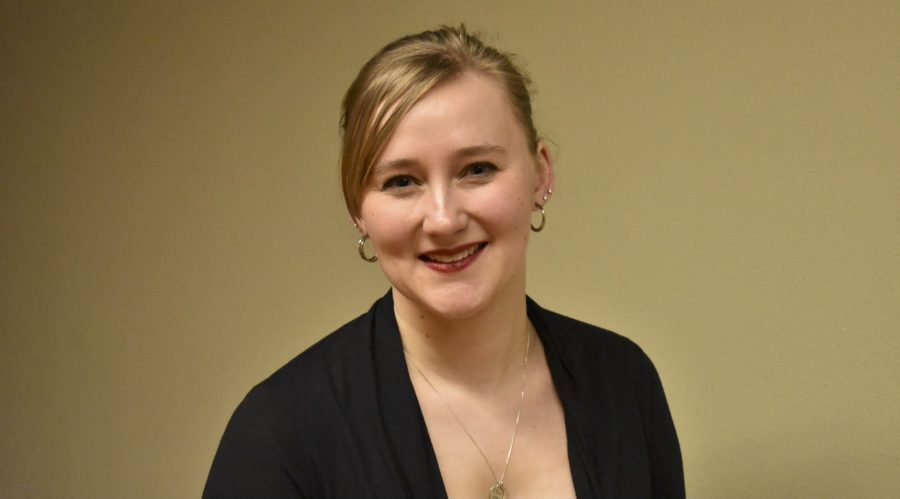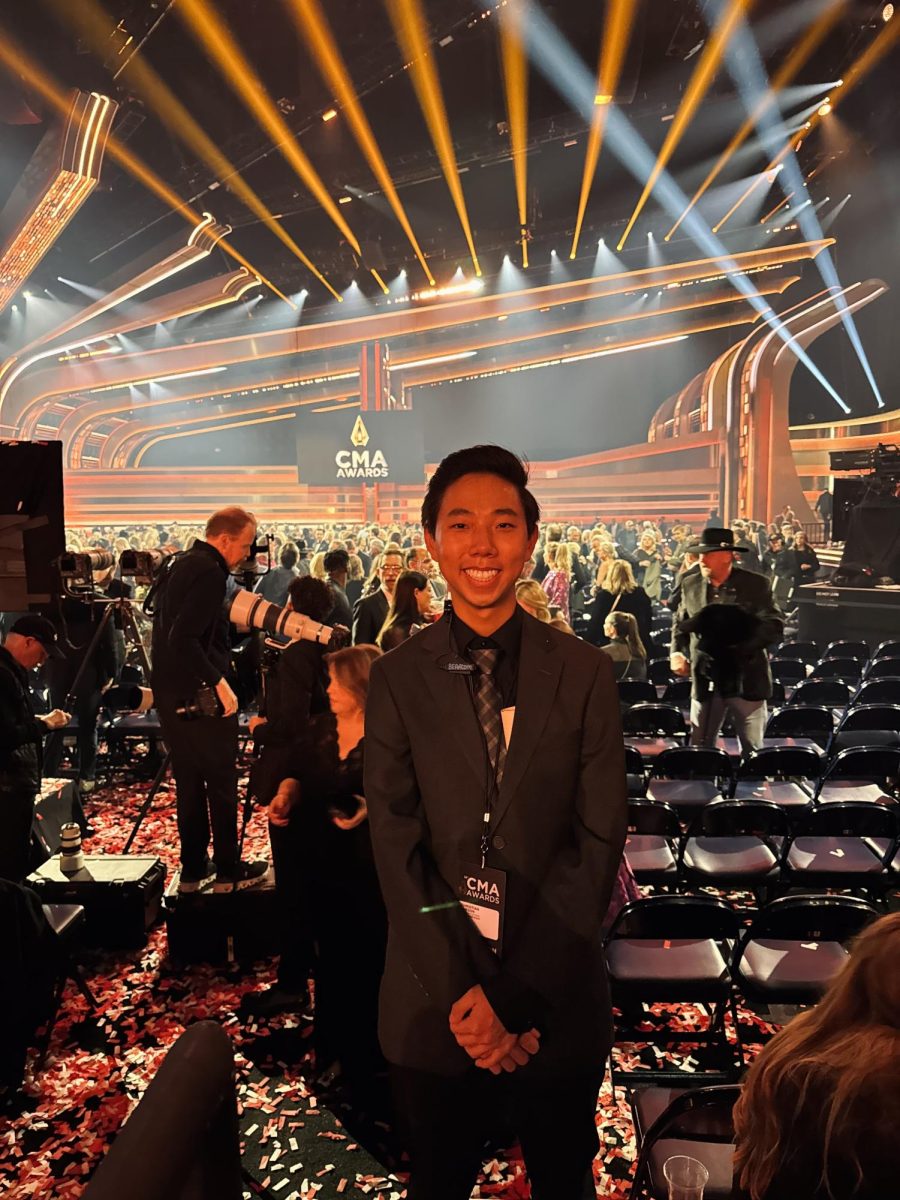As an intern reporter for the Watertown Public Opinion this summer, I got to interview the diverse and interesting groups of people that I wrote about. One of my favorite stories of the summer was a group of Hungarian agriculturalists who were doing a farm tour of the Midwest.
This experience sticks out to me not only because it was a great opportunity as a journalist, but because I was able to visit with a group of people who shared my passion for agriculture.
Two of the men visiting were precision agriculture professionals who managed their ag research company, Agrofil. The third was a 23 year-old farmer and researcher.
A graduate student at the University of Debrecen in Hungary, János Forgács was planning to return to his family farm. The only one of the three men who did not need assistance from an interpreter, his interview gradually turned into a 20-minute conversation about life and farming.
Like many of my friends, János spoke about joining the family business with his father. We talked about the struggles with weather in our respective countries and our own family farms. Most importantly, we talked about the future of agriculture.
János told me about plans to expand his farm with bigger machinery and larger fields. A word he used frequently was “efficiency.” Productivity could be limited by the small eight-row planter most people used in Hungary.
Compared to the 40-row planter we saw at the Watertown farm, it’s a big difference.
He also mentioned his unlikely hope to increase farm efficiency with genetically modified crops. Hungary, like much of Europe, does not allow GMOs.
Although his goals were specific to his own farm, János and I shared our hopes for agriculture and its “golden goal” to feed the world. We soon found out many of our thoughts were the same.
In a world of international tension, especially when it comes to agriculture and trade, it might be hard to believe that two people from opposite sides of the world could agree on something that is often so controversial.
As students, and even as older members of the ag community, it is easy to feel trapped in a bubble. We feel like we are working alone to accomplish what we feel should be a common goal – to produce faster, better and more efficiently to feed a growing world.
Our passion for the agriculture industry, like the industry itself, transcends international borders and language barriers. The dreams of young people for the future of the world’s food system are universal.
So rest assured, young agriculturalist, you are not alone. The future of agriculture is in good hands.
Katie Berndt is a columnist at The Collegian and can be reached at katelyn.berndt@jacks.sdstate.edu


















